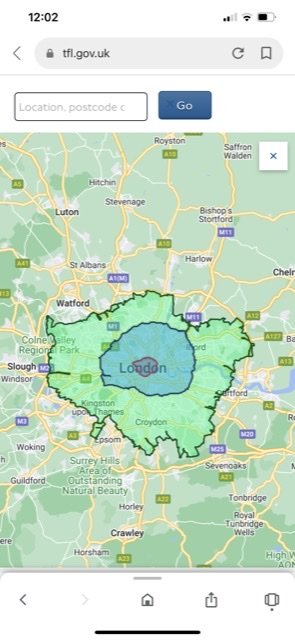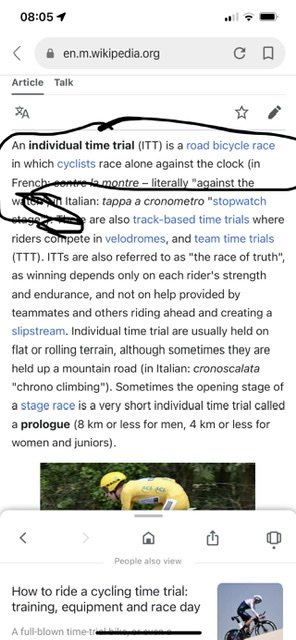The only time cyclists produce zero emissions is when they are not being overtaken by other vehicles. I did my regular 10 mile trip in the car yesterday on a mix of 30/40/50mph roads. At one point a cycle track has been built at the expense of narrowing the road from 2 lanes to one causing huge queues. Cyclists probably increased my fuel consumption for that trip by10% with the inevitable increase in emissions.
There is no solution to any of the issues as long as cyclists and motor vehicles are mixed on the same narrow and fast roads. Cyclists would be safer and cleaner if they had dedicated cycle tracks but see above, Cycle lanes achieve very little unless the road is wide enough for other vehicles to overtake without swinging out against the flow of oncoming traffic. Even when there is the required amount of room you have all seen the timid driver that thinks 1.5metres is 10 ft and won't overtake a cyclist at all holding up everyone behind. To answer the OP's original question, it wouldn't matter if there was a rule about cyclists leaving 1.5 Metres when they overtake because they would ignore it and at the next traffic lights the cyclists would come up the inside and have to be overtaken all over again.
Nothing against cyclists at all but if you were designing a transport system today and did a risk assessment you wouldn't dream of mixing cyclists and motor vehicles on a busy narrow 50mph road.
There is no solution to any of the issues as long as cyclists and motor vehicles are mixed on the same narrow and fast roads. Cyclists would be safer and cleaner if they had dedicated cycle tracks but see above, Cycle lanes achieve very little unless the road is wide enough for other vehicles to overtake without swinging out against the flow of oncoming traffic. Even when there is the required amount of room you have all seen the timid driver that thinks 1.5metres is 10 ft and won't overtake a cyclist at all holding up everyone behind. To answer the OP's original question, it wouldn't matter if there was a rule about cyclists leaving 1.5 Metres when they overtake because they would ignore it and at the next traffic lights the cyclists would come up the inside and have to be overtaken all over again.
Nothing against cyclists at all but if you were designing a transport system today and did a risk assessment you wouldn't dream of mixing cyclists and motor vehicles on a busy narrow 50mph road.


